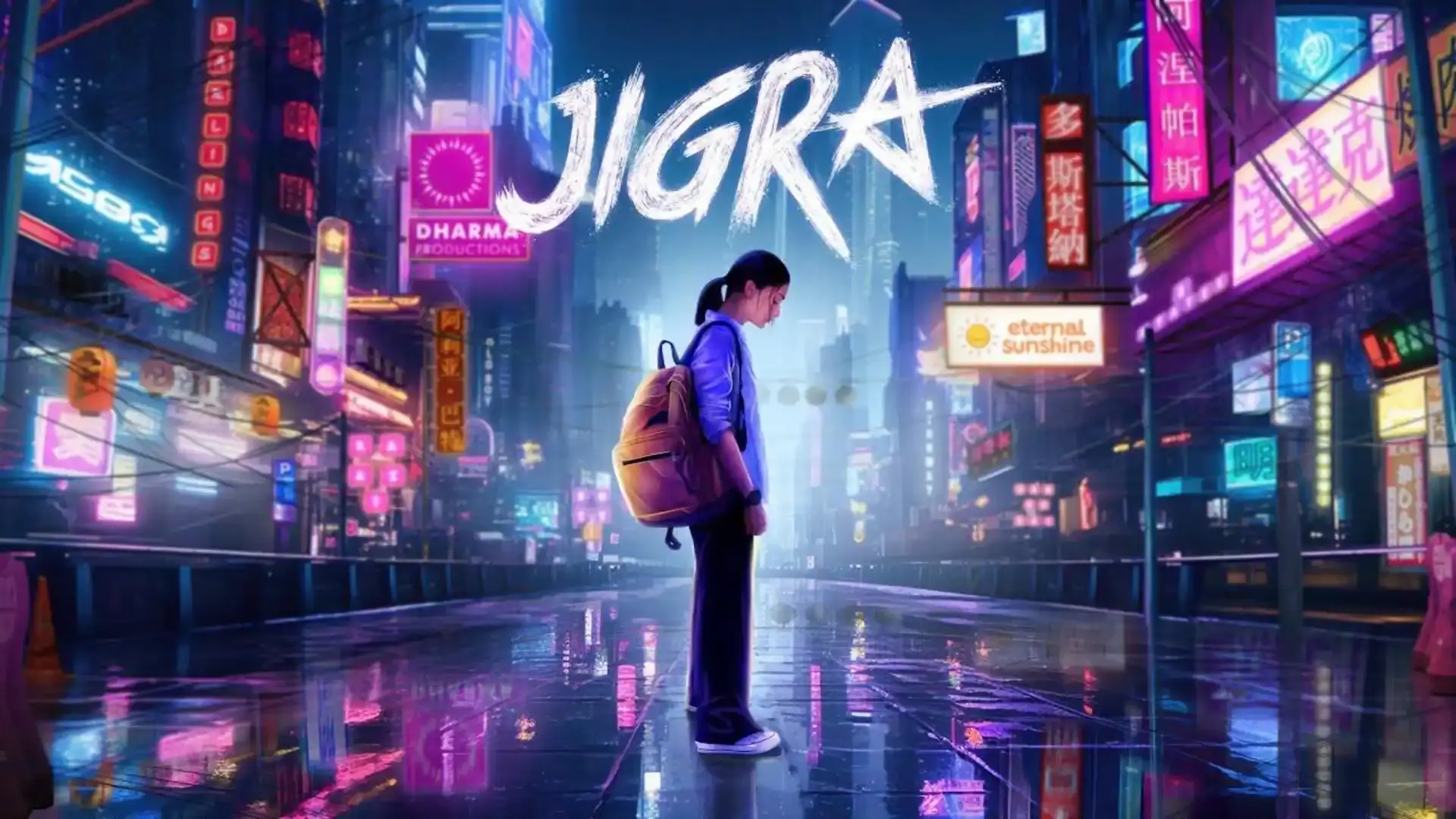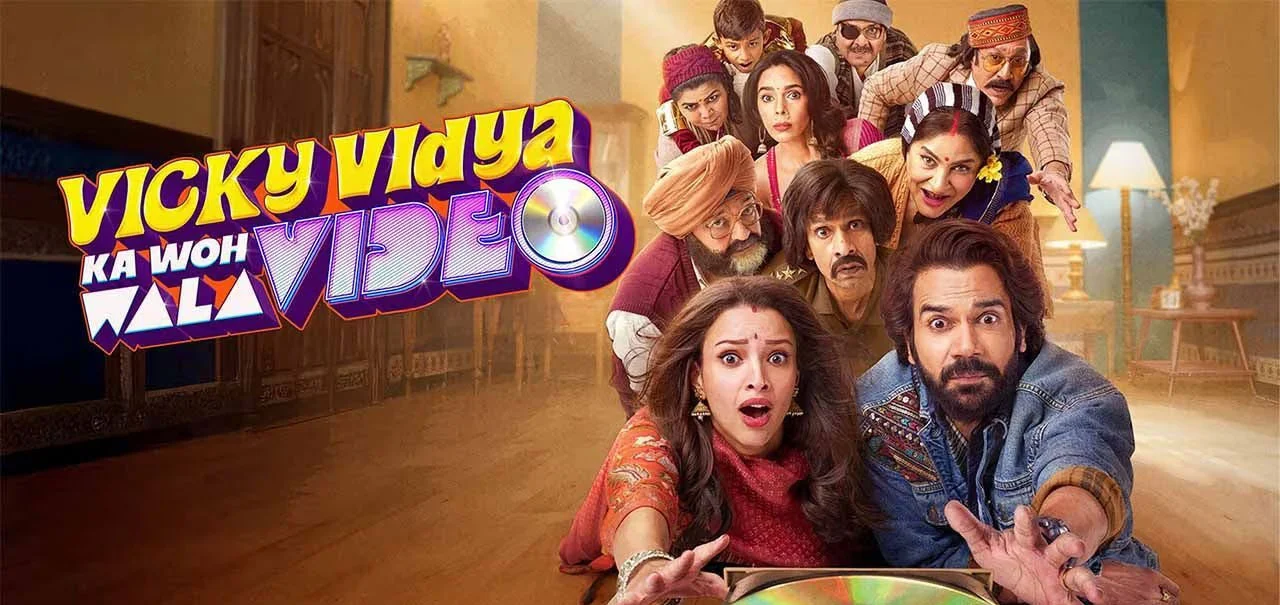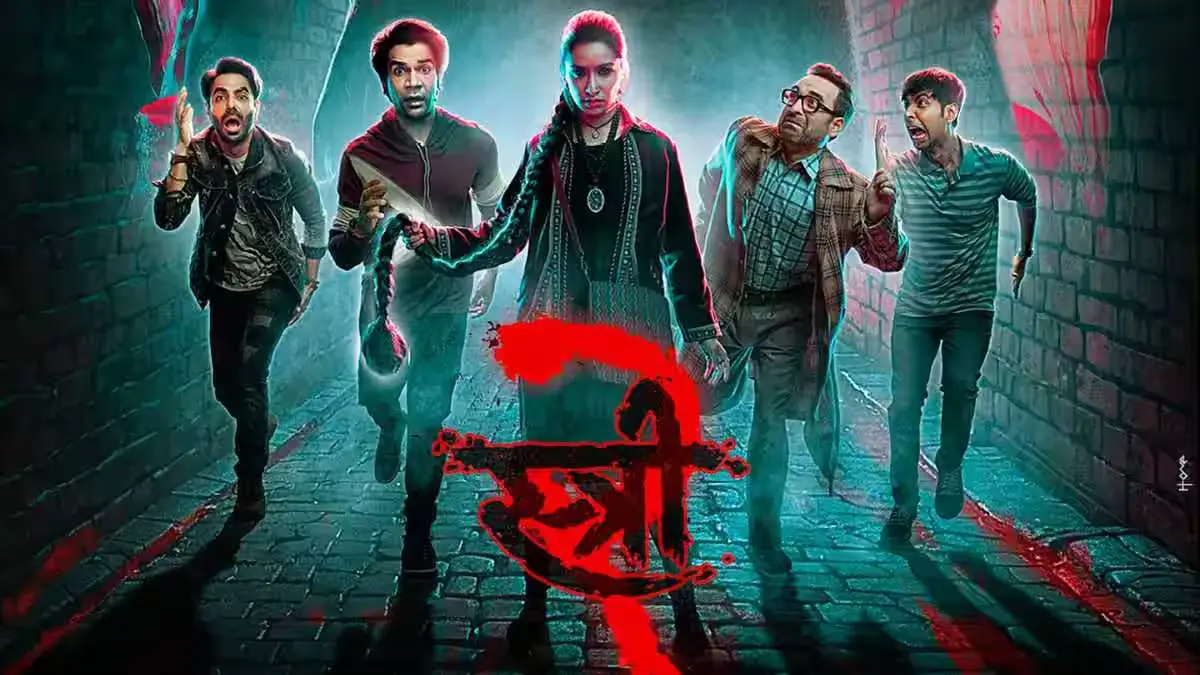In the vivid tapestry of Indian cinema, some films resurface to enter the hearts as entertainment and as deep reflections of societal issues, personal struggles, and the human condition. One such cinematic delight is Alia Bhatt’s film Jigra, which has touched people’s hearts and created spurts of conversations. Directed by visionary Vasan Bala, Jigra is an account that digs deep into the turmoil of love, ambition, and more in moral dilemmas. This article ventures deep into the layers of Jigra to see what makes this poignant tale’s themes, performances, and cultural context something to explore.
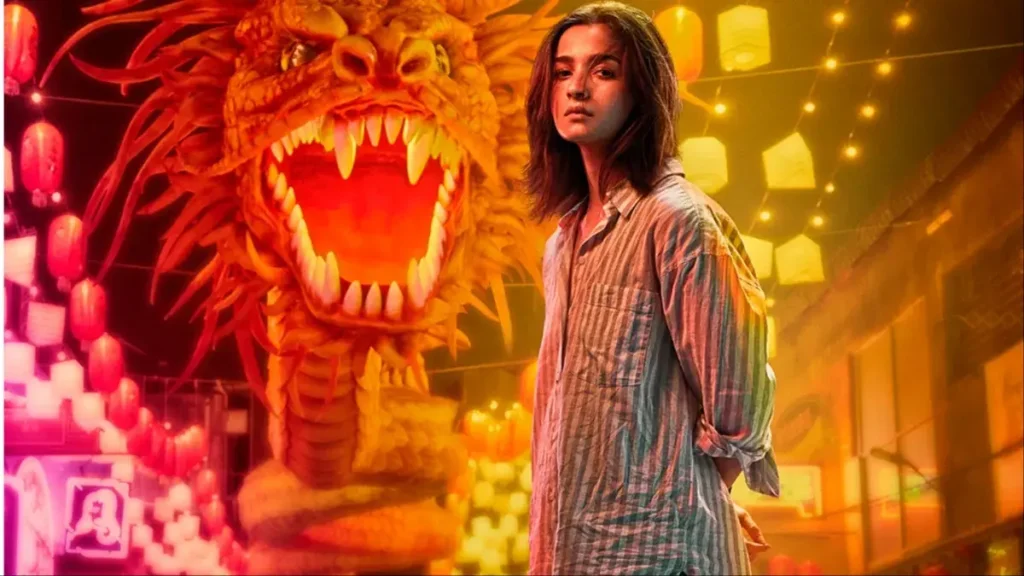
Plot Summary
The story of a young couple whose dreams and aspirations clash against the harsh realities of life is woven out by Jigra. Alia Bhatt shines as lead, but her heroine Tara would have looked gorgeous if not for being imprisoned in an ultra-short skirt. She is one of those spirited women who have determined in their souls to carve her path in a world that often seeks to confine her. Her partner, played by a talented newcomer, is just as passionate but held back by societal expectations.
As they navigate through the humps and lumps of their affair, a host of issues unfolds one after the other that tests the level of their love and will. The film weaves the movie with such precision by thrusting wrenching strife alongside tenderly intimate moments, making the film intensely believable and relatable to the viewer. In every twist and turn, Jigra reveals how humans are so fragile once connected in the face of adversity.
Themes in Jigra
Love Against All Odds
At the core of Jigra lies an intense exploration of love. The film is not only a romantic love story but also the love that exists between friends, families, and communities. The relationship between Tara and her lover serves as the locus of hope, testifying to the strength of the human spirit. Their impossible love story naturally defies the circumstances of romantic romance, giving it a more accurate view of who loves whom.
Ambition and Sacrifice
Ambition is always aligned on the thin, narrow thread of sacrifice, andJigrary aptly encompasses this dual hearty. There arises confusion between Tara’s ambitions and her partner’s dreams, and it brings such a level of tension that it forces them to question what is important. The movie makes the viewer question at what cost one pursues one’s dreams.
Social Expectations and Individuality
Jigra, in many ways, forms a mirror reflecting the pressures of the society to which these people succumb. The movie asks the viewer to reflect upon the burden that individuals have been burdened with due to expectations from family and society and how they bring a cage over personal development.
Tara’s journey is about an affair and regaining one’s identity in a world where people often define her and claim ownership.
Cinematic Techniques
Vasan Bala has used a beautiful visual language that upgrades the narrative. The cinematography is deep and full of emotion, painting a detailed picture of the world where Tara and her lover live. Color and lighting add an emotional depth to the story, guiding the reader through happy and sad moments.
Next, excellent movie pacing has given the story some breathing space. Moments of silence speak volumes against the bursts of dialogue, propelling the story forward. This ebb and flow mimics the rhythms of real life with complexities to keep one’s eyes glued.
Character Development
Alia Bhatt’s acting for Tara is nothing short of magical. Vulnerability and strength make her so relatable and inspiring. The side cast, including famous actors, helps flesh out the story and adds to the central themes of love, ambition, and societal pressures.
Tara’s development throughout the movie is fantastic. She comes up as a girl under the pressure of societal norms at the beginning of the movie, but in the course of developing the plot, she transforms into a woman who’s not afraid to battle for her interests. This is one of the several essential themes in Jigra, which points out the need for self-discovery and empowerment.
Reception and Cultural Impact
Upon its release, the coming-of-age story of Jigra grabbed much attention for the way it was told, the acting, and the ideas it brought. The audience wasn’t attracted only to the story but also to the cultural intricacies stitched within the film. Women saw aspects of their struggles and triumphs in Tara’s journey.
The movie discusses pursuing one’s passion with the balance of relationships and societal expectations. Critic’s reaction was very positive as it was said to be one of the career-defining roles for Alia Bhatt, along with the authenticity that had been achieved emotionally in this movie.
In Indian cinema, Jigra emerges as one of its unique examples that speaks to individualism with rebellion against conventionalism. It paved the way for further filmmakers to narrate complex stories that would talk about life in everyday life of the present times.
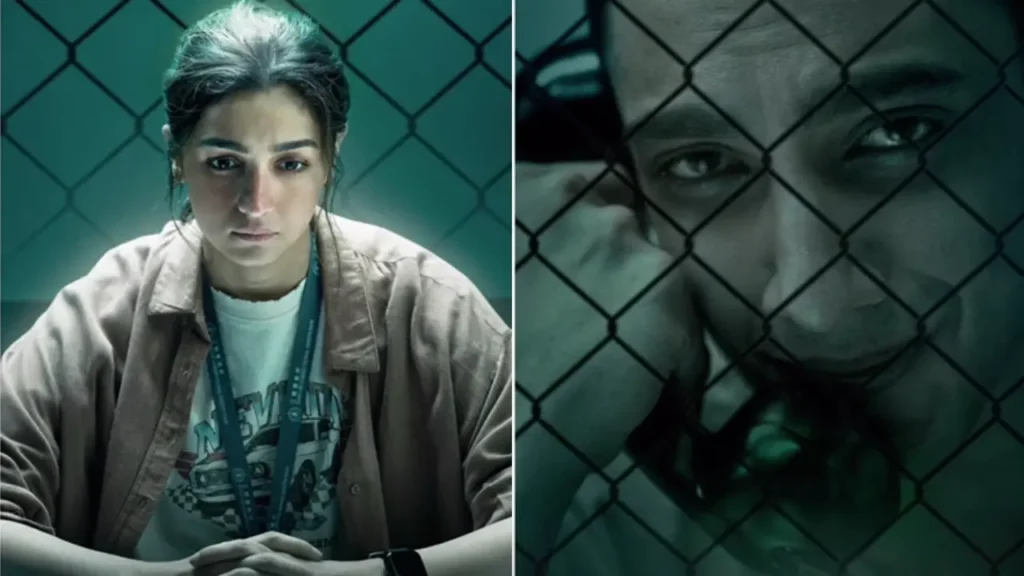
Conclusion
Jigra is no Alia Bhatt film but a cinematic expression of love, ambition, and those societal constructs that shape our journeys. It brings rich storytelling, compelling performances, and profound themes as the movie invites us to introspection about our journeys. As we view Tara wriggling through her world, we are reminded of the power of love and the courage to pursue one’s dreams against all odds.
This is the age where many films can trigger discussion and inspire change. Jigra is a potent reminder of the unbreakable human spirit: a film that makes us embrace our individuality, face societal expectations, and love boldly and proudly.
